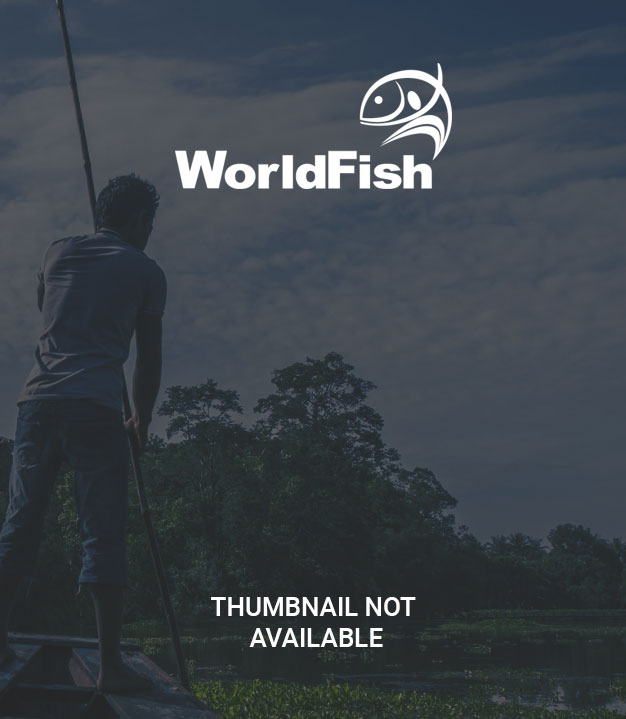Fish in Sustainable Food Systems of the 21st Century: Role of WorldFish Research on Food and Nutrition Security, Gender Equity, and Natural Resource Conservation

Fisheries research and development challenges have diversified significantly as we entered the 21st century. The 2030 Agenda for Sustainable Development demands that agriculture research communities take more holistic approaches towards addressing global issues, such as poverty alleviation, environmental conservation, and food and nutrition security. There remains a growing need for considering both fisheries and fishing communities as part of social-ecological systems. In this paper, we review how over the last two decades WorldFish has framed its research, with an emphasis on small-scale fisheries in low- and middle-income countries, and the contribution Japanese researchers have made in topics relevant to the Sustainable Development Goals (SDGs): sustainable fisheries management and conservation; resource access and benefit-sharing; and food and nutrition security. Research in the past has shown collaborative forms of natural resource governance, social inclusion and gender equity play a critical role in ensuring food production translates to income and livelihoods outcomes, and to food and nutrition security in low- and middle-income country contexts. To fulfill its potential in a wider range of SDGs, future research needs to consider fisheries and aquaculture as an integral component of “food systems”, encompassing production systems, their environments, post-harvest value chains, and consumer behavior and diets.
Permalink
Date Available
Type
ISSN
2185-8896,0021-3551
Copyright
CC-BY-4.0
Research Themes
Topics
Language